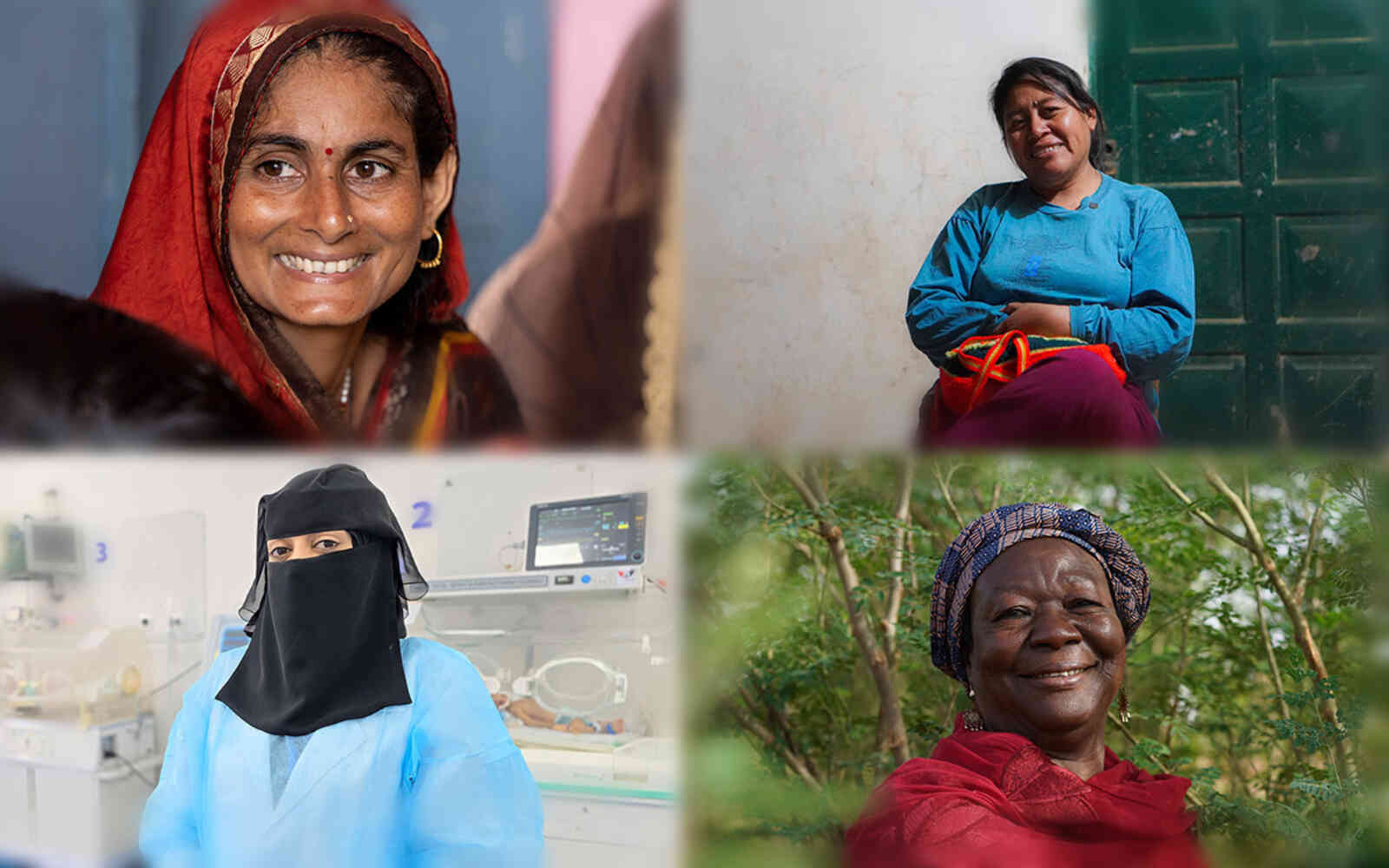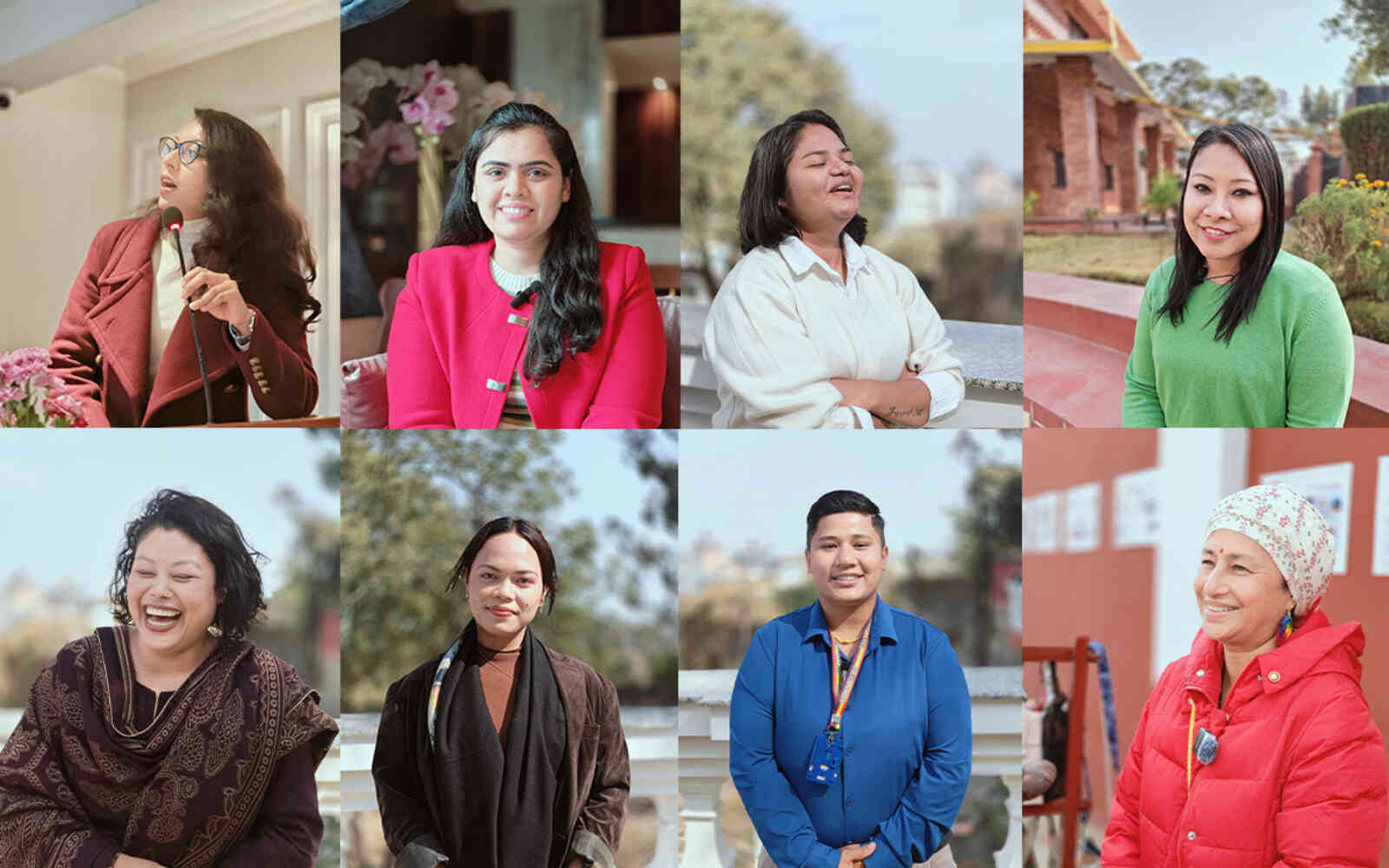The United Nations Office for Project Services (UNOPS)
Protección social, servicios públicos e infraestructura sostenible: coherencia de las políticas de empoderamiento de la mujer en el empleo informal
Discurso de Grete Faremo, Secretaria General Adjunta y Directora Ejecutiva de UNOPS, en el evento paralelo de ONU-Mujeres el 13 de marzo de 2019 en la Sede de las Naciones Unidas, sala de conferencias 11, Nueva York
[Check against delivery]
Let me begin by saying a few words about my organization, UNOPS. We were established by the General Assembly to be the implementing arm of the United Nations. We do not pursue policy the way UN Women looks after women's rights and gender equality, or UNICEF looks after children.
We are mandated to implement projects on the requests and decisions of others on a cost recovery basis. Our funding partners are UN entities, governments, foundations, and/or private companies. We design projects, run and manage projects, procure goods and services, and construct and build.
We are the only UN entity mandated to do infrastructure.
We still pursue ideas! We take the political decisions of national governments and of the UN and put them into practice.
We use local resources where we can to achieve our objectives and employ local labour.
Thereby, we take national priorities closer to realization.
In infrastructure – like, for example, housing.
In innovation – promoting local entrepreneurs, business development and job creation.
We have had our 'Gender mainstreaming strategy and action plan' since last year. It covers the designing, planning and implementation of our infrastructure projects.
How the demand for such services will grow depends on the political will of states – but also on the programmes of other UN entities and what they agree with governments.
Those who decide national budgets and national plans must want new, sustainable and gender-sensitive solutions. UNOPS can make proposals, but not decisions in this respect.
About 80-90 per cent of infrastructure investment will be made by the private sector. So the financial flows that go through the UN alone will not change the world.
Much will depend on the will and ability of private businesses to adjust to a sustainable future. That is also why partnering with the private sector offers new potential, which we increasingly explore. In a way, we do what any normal private business should do, thinking ahead and often in cooperation with present and future clients and partners – and acting in a responsible way to political decisions.
We believe in being forward-looking.
For example, at UNOPS we have developed manuals for our infrastructure projects that take experience into account and incorporate sustainability and gender sensitivity. We cooperate with many, but not least of which with the Oxford University, to increase our knowledge and pioneer the future.
Our manuals are available for everybody on the web. Everybody can use them and learn from them.
Much of conventional infrastructure is gender blind. And because infrastructure is built to last, it can discriminate for decades.
We, on our part, offer better solutions. I will give you a few examples.
In Afghanistan, we implemented a project to reduce poverty in rural areas by improving access to economic and social services, through building rural infrastructure – mainly roads – and through developing the capacity of public institutions.
We can see many critical benefits:
- improved access to health services and schools
- lower response time for doctors
- increased mobility
In some rural communities, shorter journey times mean more access to jobs, to social interactions, and more opportunities to buy and sell goods.
When it came to education, households with the number of girls enrolled in school in this area increases – 45 per cent of households rather than 35 per cent.
And when family planning was examined, 45 per cent of those who had benefited from the project had adopted family planning measures, compared with 25 per cent in the comparison group.
In Kenya, we recently retrofitted over 60 rural health centers with green energy solutions, providing electricity and hot water.
Mothers in the target areas now have access not just to proper health facilities, but also adequate health services. Healthcare workers no longer have to deliver babies in the middle of the night with only the light from the torch on their cell phones. And mothers no longer have to wash themselves with freezing water at night.
In Afghanistan, in the local bazaar of Dawlatabad – which draws crowds of 10,000 people twice a week – UNOPS supported the community in the construction of a toilet block fitted with a water tank and a solar pump for the women coming to the market from 56 nearby villages. Previously, there had been no other toilet facilities available to the women on market days.
In Somalia, the market of Bossaso represents the central economic area for the community, in particular women and informal traders. UNOPS engaged with nearly 2,000 male and female entrepreneurs in the design and planning of the market to ensure it met the needs of the end user and to increase the sense of ownership over the final product. In addition, 200 traders – of which 90 per cent were women – received business skills training and business start-up kits to help their businesses develop. The renovated market and new skills will help local traders, particularly women, become economically self-sufficient.
In Sri Lanka, in Batticaloa, UNOPS set up an integrated solid waste management system. By developing systems, technical capacities and infrastructure, skills and capacity development, community education and awareness raising, the project led to reduced waste generation, improving collection, processing, recycling, reuse and disposal of waste.
The project promoted cooperation with women’s groups for processing reusable waste items as a means of income generation. For example, women in Batticaloa sew bags out of used tetra packs as a means of income.
These examples are for you to take, replicate and promote.
Humanity is running a couple of thousand years late in developing gender-sensitive infrastructure. But having more women in power has changed and will change the pace of progress.











